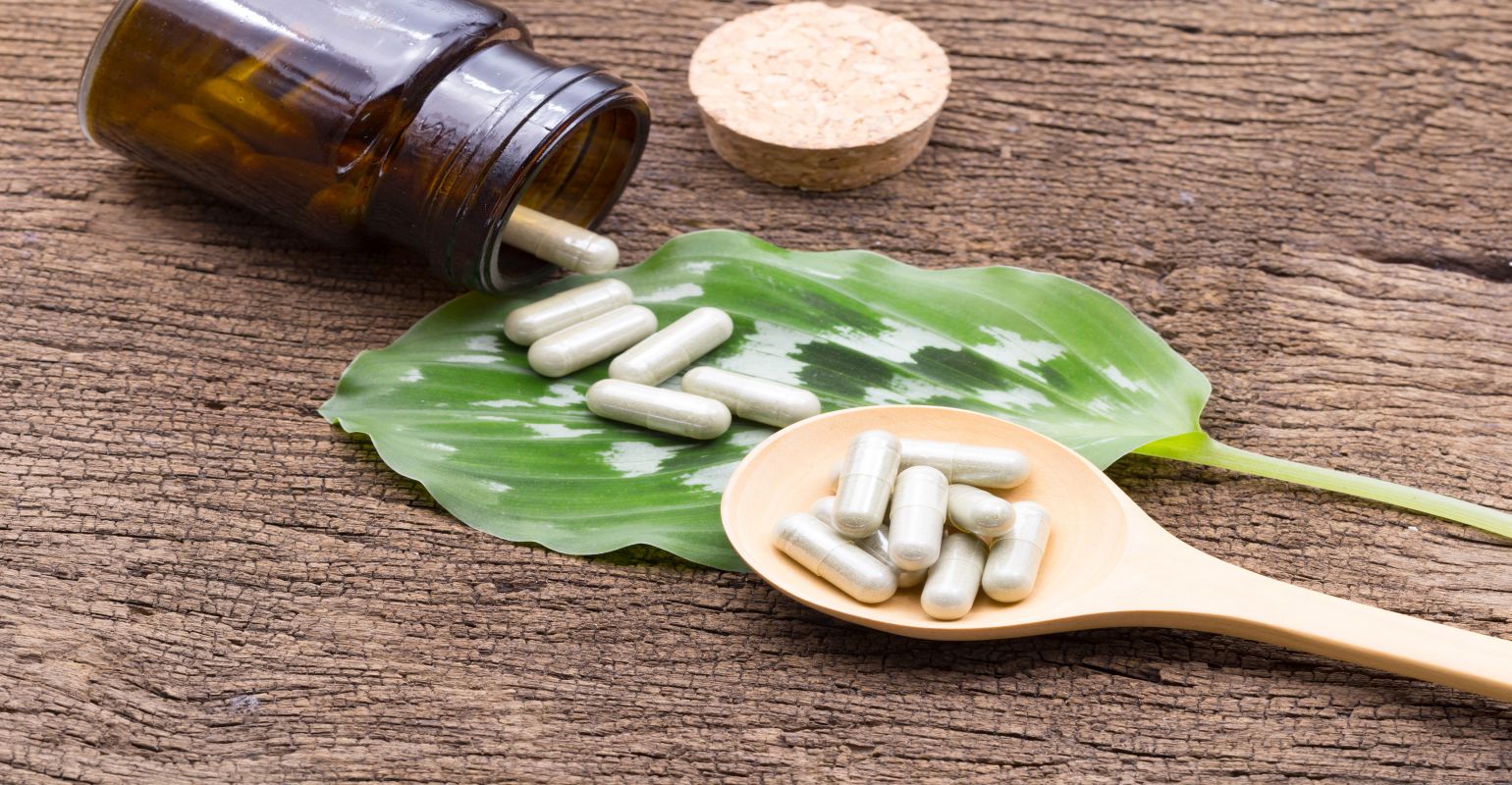- Your cart is empty
- Continue shopping

Introduction
A 2015 consumer survey on Vitamins and Supplements conducted by the Council for Responsible Nutrition found that about 68% of Americans presently use dietary supplements. We spend a lot of effort and money choosing the best vitamins for ourselves and our families.
We don’t want them to go bad halfway through the bottle because of incorrect storage. It’s crucial to understand how to handle and store our Vitamins and Supplements safely because of this.
How to store Vitamins and Supplements

Here are five essential tips for preserving your Vitamins and Supplements:
Read the Label
Manufacturers of dietary supplements are not obligated to mark expiration dates or storage conditions, yet most do. Make sure to read and adhere to the label’s directions before opening the container or even buying it.
You’ll note that many liquid probiotics may advise chilling to preserve the organisms. Make sure the box is transported overnight and at cold temperatures if you buy yours online.
Pay attention to the temperature
The shelf life of several pharmaceuticals and dietary supplements will be shortened by sunshine, heat, moisture, and humidity. Most non-liquid supplement storage guidelines call for cold, dark, and dry surroundings. Accessories kept in other locations are vulnerable to “deliquescence,” in which moisture and condensation cause water-soluble vitamins, such as B vitamins and Vitamin C, to disintegrate.
First, many of us probably keep our prescription drugs and dietary supplements in the kitchen cupboard. But because cooking raises the temperature in the house, it is frequently one of the warmest rooms. Additionally, keeping anything there is bad practice because the kitchen sink is unsound to moisture and humidity.
Keep the Lid Tightly Sealed
Pay particular attention to how you are attaching the lids of the containers. We may be in a rush in the mornings to get to work or get the kids off to school. The slightest opening in a lid might lead to an air pocket that exposes the contents to the outside air.
Keep Away From Children
The leading cause of mortality in youngsters is accidents. Additionally, over 300 children have emergency room treatment each year in the United States, and two pass away each day from unintentional poisoning, according to the Centers for Disease Control and Prevention. Inadequate drug and supplement storage is another factor in unintended poisoning.
It mainly affects toddlers under six, but it can happen to any child. Put your vitamins and prescriptions in the home’s top cupboard to keep them out of the way and out of sight.
Place the phone number for a poison control center in a prominent location if you have kids in the house. Additionally, add it to your mobile phone’s contact list for easy access in an emergency.
Discard Unused Supplements Safely
To find out-of-date and unused vitamins and prescriptions, it’s critical to check your medicine cabinet at least once every six months. What is the best way to get rid of them, though?
They should be disposed of in the toilet. When we flush, minimal quantities are believed to make their way into our lakes, rivers, streams, and, ultimately, our drinking water. Even though studies have not yet shown any harm, it is recommended to dispose of pharmaceuticals differently unless the package clearly states that flushing them is safe.
Conclusion
Always keep in mind that getting our nutrients through food is ideal. However, if you cannot do so and must take supplements, remembering the five suggestions mentioned above will ensure their effectiveness and shelf life.
Read More: 5 Common Misconceptions About Taking Vitamin Supplements
